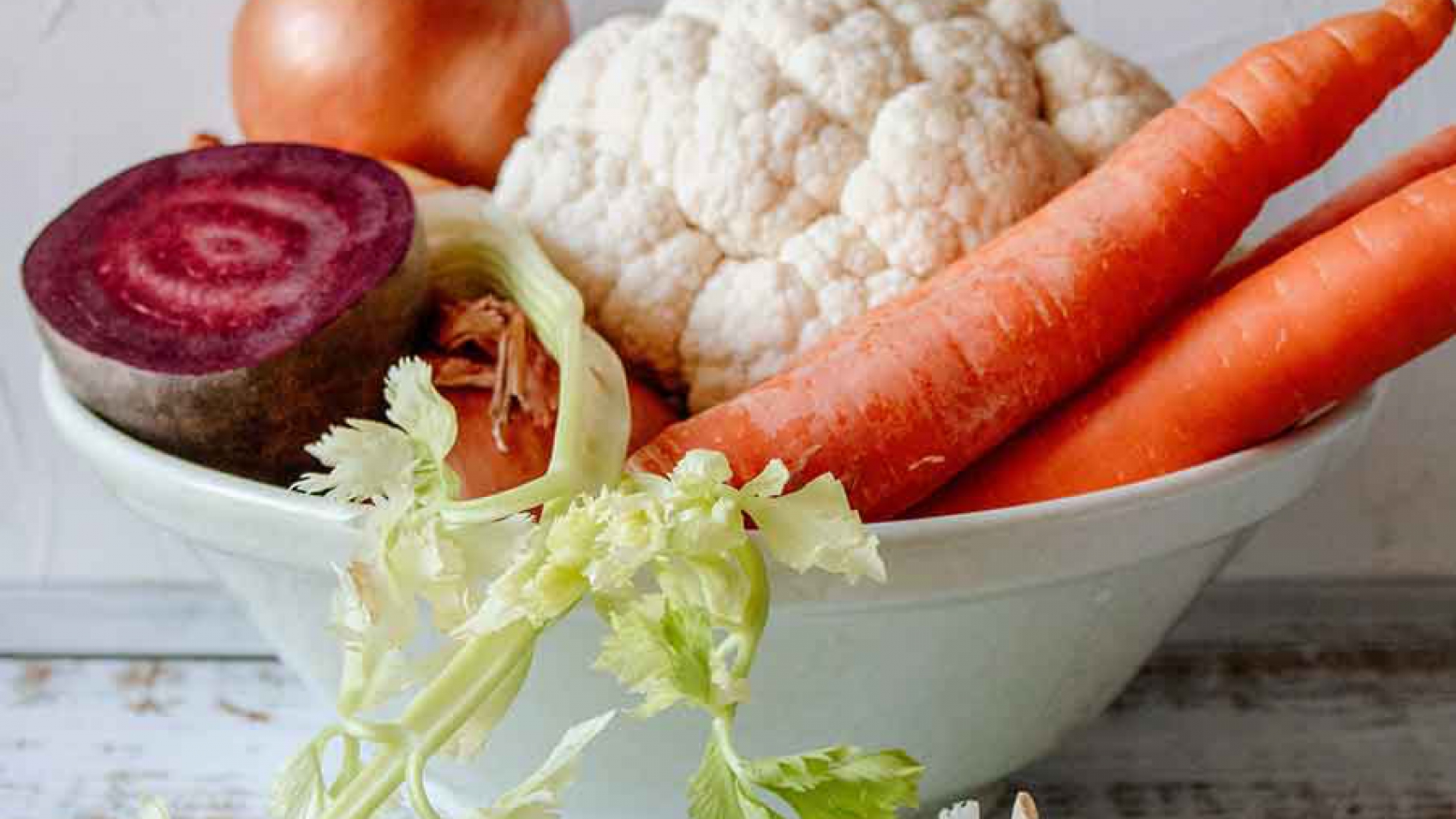High Blood Pressure
An estimated 1.13 billion people worldwide have high blood pressure or hyertension, most (two-thirds) live in low- and middle-income countries.
Hypertension, is a serious medical condition that significantly increases the risks of heart, brain, kidney and other diseases, and is a major cause of premature deaths worldwide.
What is High Blood Pressure?
Blood pressure is the force exerted by circulating blood against the walls of the body’s arteries. It is expressed as two numbers. The first (systolic) number represents the pressure in blood vessels when the heart contracts or beats. The second (diastolic) number represents the pressure in the vessels when the heart rests between beats.
Hypertension is diagnosed if, on two different days, the systolic readings on both days is ≥ 140 mmHg and/or the diastolic readings on both days is ≥ 90 mmHg.
Common Hypertension Symptoms
Most people with hypertension have no symptoms and are unaware of the problem. When these do occur, they include:
- Early morning headaches
- Nosebleeds
- Irregular heart rhythms
- Vision changes
- Buzzing in the ears
- Fatigue
- Nausea and vomiting
- Confusion
- Anxiety
- Chest pain
- Tremors
Nutrition for High Blood Pressure
A 1987 New England of Medicine report stated that nutrition alone can substantially reduce hypertension.
- Eat a high fibre, unrefined, nutrient dense, organic, whole, unprocessed, mid to low glycemic foods
- Eat e a lot of fresh garlic, onions, celery, pumpkin seeds, sesame seeds, almonds, milled flax seeds, green leafy vegetables and cruciferous vegetables
- Eat foods high in arginine
- Eat foods high in calcium, magnesium and potassium
- Ensure adequate complete protein, including some from vegetable sources
- Alkalinize the diet
- Increase fibre intake
- Drink lots of pure water
- Avoid food which you are sensitive to
- Avoid pro-inflammatory foods
- Eliminate trans and hydrogenated fats
- Avoid stimulants and carbonated beverages
- Avoid sugar, artificial sweeteners and MSG
Supplements & Herbs for Hypertension
A number of nutritional supplements and herbs reduce blood pressure.
Several supplements, including vitamin D, magnesium, omega-3, and anthocyanins, correct nutrient deficiencies that commonly occur with modern lifestyles. Other supplements exert unique blood pressure-reducing effects independent of correcting nutritional deficiencies.
- Supplements include: vitamin D, coenzyme Q10, french maritime bark extract, anthocyanin, omega 3 fatty acids, resveratrol, acetyl-l-carnitine, melatonin, calcium, magnesium, potassium, zinc, vitamin A, vitamin E, vitamin C with bioflavonoids, probiotics
- Herbs include: hawthorne, hibiscus, chamomile, valerian, passion flower, linden flowers, ginger root, ginkgo biloba, yarrow, mistletoe


